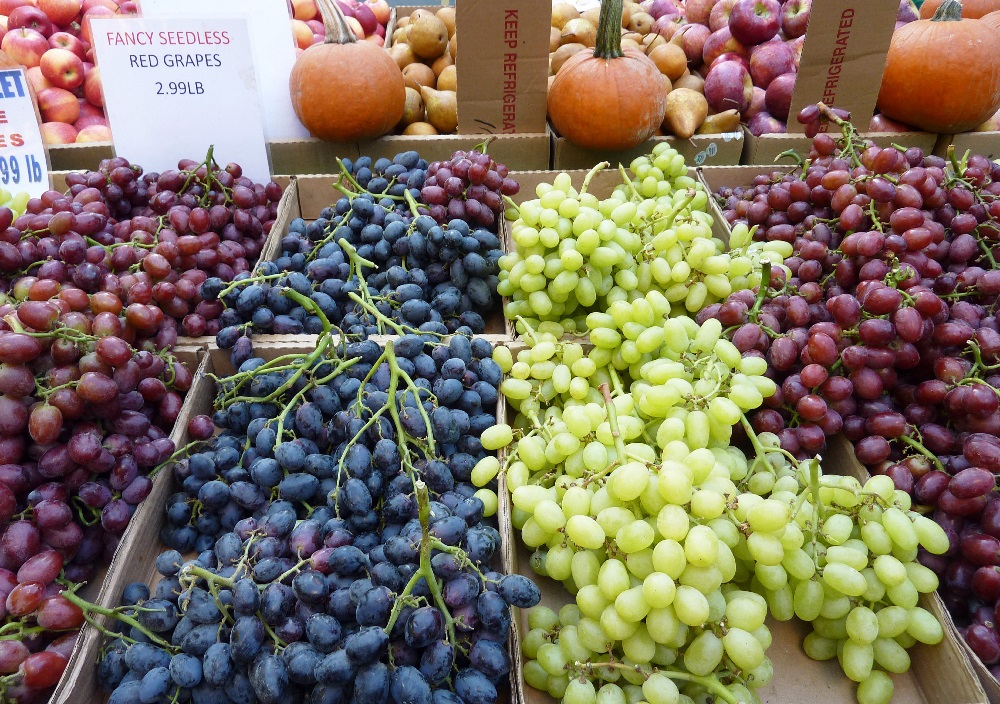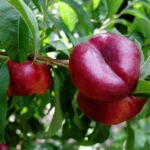Chile: Atacama table grape growers making progress with varietal reconversion

Several new table grape varieties are being planted in Chile’s Atacama region, under a project that now 15% complete and expected to be finished by 2025.
Growers in the northern region are searching for larger, sweeter, juicier seedless grape varieties amid intensifying competition in markets like the U.S., according to Lina Arrieta, president of the Copiapo Valley Agricultural Producers and Exporters Association (APECO).
U.S. demand over recent years has declined for the region's predominant varieties, such as Red Globe, Flame and Superior, she said.
In addition, Peru has been significantly increasing its production of newer, seedless varieties and has been gaining increased U.S. market penetration at the expense of Chile.
Regional Agriculture Secretary Patricio Araya told Fresh Fruit Portal varietal reconversion has become essential for the region to be able to remain competitive, explaining that varieties typically found in the area are becoming obsolete both due to market preference and yield.
During the 2017-18 campaign, more than 10 million boxes were exported from the Atacama region, of which four million went to the U.S.
The new varieties being planted are Timco, Arra15, Unknown Black Seedless, Ralli Seedless, Allison, Sugarthirteen and Sheegene 13. But the APECO president said that production is still small, and a clear idea of the market response is not expected for three years.
Araya explained that varietal reconversion is a complex task, with challenges including the low availability of plants.
"You need to order the number of plants that you need to make the change one or two years in advance, as they are not available in the market,” said Araya.
Furthermore, according to Arrieta, there are high costs involved which not all local farmers can afford. However, Araya said that change is essential for those who want to remain in the market.
This coming season is expected to provide a greater idea of how some of the new varieties perform in the different growing areas.
Climate change
Another important topic in the Atacama grape industry is climate change, with two adverse weather events that included flooding and even snowfall severely damaging growers in 2015 and 2017.
Fernando Santibañez, director of the environmental and agricultural organization Agrimed, said it will be key to plant varieties that are better adapted to the varying weather conditions.
A possible increase in the frequency of high temperatures, above 35°C, has the potential to affect the quality of the fruit, "in terms of size, health, appearance and ability to travel to the final market", he explained.
In addition, high winter temperatures could produce "a greater aggressiveness in pests", and phytosanitary strategy will therefore be key for the future, he said.

















































